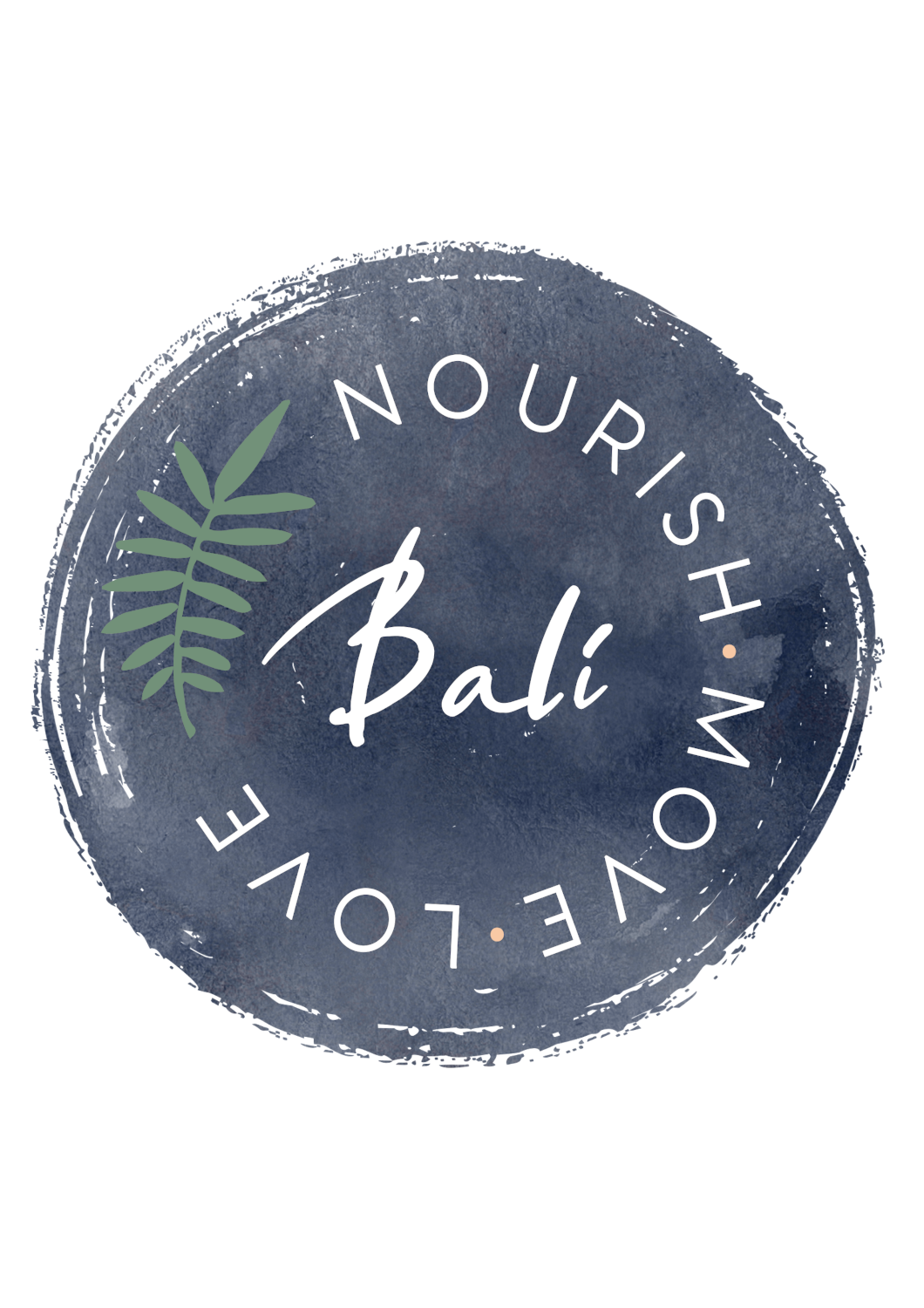My Wellness Toolbox
When professional electricians or plumbers go on-site to solve a situation, whether they are restoring power or repairing a leaky pipe, they bring along tools of the trade to do their work. They are prepared for every situation that might come up. Why not create a "Wellbeing Toolbox" for yourself?
A "Wellbeing Toolbox" can provide you with essential coping skills, tools, activities, and resources that can support you on those negative days, reduce stress, and alleviate anxiety and depression. But remember you are an individual and responds differently to stressful or challenging life events, and the best tools to support you in your wellbeing will vary from person to person.
Here are some of the tools in my "Wellbeing Toolbox"
1. My Breath
Deep breathing is one of the tools that I use on a daily basis for basically every situation or emotion. If I need an extra boost of energy - Breath of Fire is my go to. If I need to calm my mind and racing heart I slow my breath right down and breath deeply into my belly. Instead of focusing on the threat, the emotion or the situation I focus on my breathing to support me in what I need to achieve throughout my day.
2. Yoga
My morning ritual includes a yoga practice, this can vary from 15 minutes to 90 minutes. This supports me in being focused, calm and cope with situations that might occur during my day much better. As a form of low-impact exercise, yoga has been shown to lower stress hormones in our bodies while simultaneously increasing beneficial brain chemicals like endorphins and GABA (gamma-aminobutyric acid). These feel-good chemicals help decrease anxiety and improve mood.
3. Meditation
Have you observed what is happening in your mind every moment? It vacillates between the past and the future. It is either in the past occupied with what has happened or in the future thinking about what will happen. But there is another tendency of the mind – it clings onto the negative. If 10 positive events are followed by one negative event, the mind will cling to the negative. It will simply forget the 10 positive events. With meditation, however, you can become aware of these two tendencies of the mind and bring the mind to the present. When you culture your mind with meditation, its tendency of holding on to negative thoughts and emotions becomes less. You gain the ability to start living in the present moment and are able to process the past and trust that your abilities for what the future will bring.
4. Running/Kickboxing
This is my go to in my toolbox when I am feeling overwhelmed. Exercise is a powerful depression fighter for several reasons. But most importantly, it promotes all kinds of changes in the brain, including neural growth, reduced inflammation, and new activity patterns that promote feelings of calm and well-being. It also releases endorphins, powerful chemicals in your brain that energize your spirits and make you feel good. I also find that with high intensity exercise it also serve as a distraction, allowing me to find some quite time to break out of the cycle of feeling overwhelmed and anxious.
5. Nature
Being in nature, or even viewing scenes of nature, reduces anger, fear, and stress and increases pleasant feelings. Exposure to nature not only makes us feel better emotionally, it contributes to our physical wellbeing, reducing blood pressure, heart rate, muscle tension, and the production of stress hormones. Research done in hospitals, offices, and schools has found that even a simple plant in a room can have a significant impact on stress and anxiety.
6. Music
I am sure that it is no surprise to any of us that music can affect the human brain emotionally. We all have that one song that brings us to tears, at the same time as having a song that really pumps you up and gets you going again. Music can have a massive effect on emotions, and that’s one of the reasons why composers add music to films – they want you to feel sad, happy, angry or scared at exactly the right time. You’ve probably chosen music yourself to evoke a particular reaction in your brain, just like when gym-goers put on a motivational playlist full of energy to get them through a workout. All of this is, of course, backed by research that shows that music can affect our emotions in different ways. Happy, upbeat music causes our brains to produce chemicals like dopamine and serotonin, which evokes feelings of joy, whereas calming music relaxes the mind and the body.
7. Talking
Talking about our challenges and verbalizing our negative feelings to friends or therapists has been a source of relief for centuries. Studies have shown that simply talking about our challenges and sharing our emotions with someone we trust can be profoundly healing—reducing stress, strengthening our immune system, and reducing physical and emotional distress
I would love to know what is in your toolbox lovelies!
